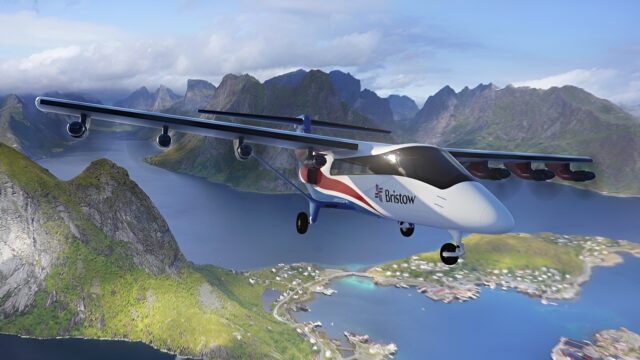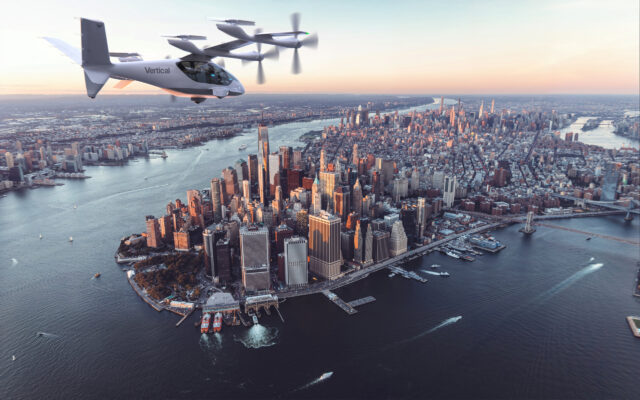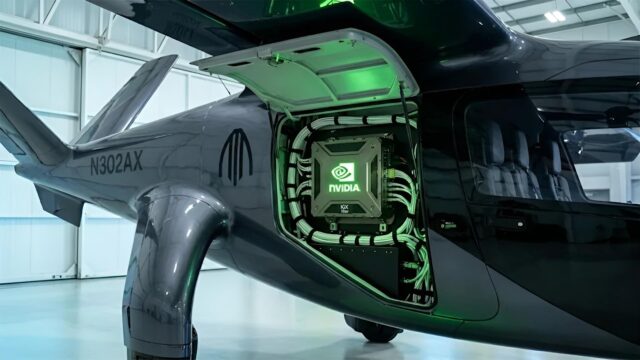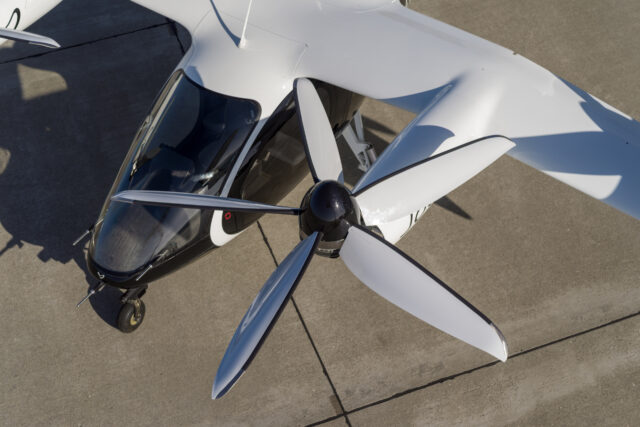Embry-Riddle team to lead $6.7m NASA AAM research project
April 3, 2025

As a handful of eVTOL manufacturers reach closer towards certification and potential entry into service, NASA has selected Embry-Riddle Aeronautical University to lead a $6.7 million research project designed to help facilitate the safe integration of AAM aircraft into the national airspace. Part of a wider research initiative focused on autonomy and safety of aviation systems, the grant ultimately aims to “advance NASA’s vision for the future of 21st century aviation,” explained the administration.
As part of NASA’s eighth round of annual University Leadership Initiative (ULI) grants, the Florida-based institution will research “continuously updating, self-diagnostic vehicle health management to enhance the safety and reliability of Advanced Air Mobility vehicles,” explained NASA.
Professor of Aerospace Engineering at Embry-Riddle University and project director Dr Hever Moncayo elaborated: “We will work on techniques that will enable the real-time detection, self-assessment and response to abnormal conditions while autonomously adjusting vehicles’ actions to maintain safety under operational constraints”. He described these learning processes as enabling “intelligent decision-making for more resilient AAM systems”.
The four-year project will see Embry-Riddle collaborate with researchers at Georgia Tech, the University of Texas at Arlington, the University of Southern Carolina, Collins Aerospace and Argonne National Laboratory. Bringing together the expertise of four academic institutions, one industry partner and one national research lab, the project will ultimately “support the transition of autonomous safety architectures into the commercial and regulatory frameworks,” concluded Moncayo.
A total of $20.7 million will be awarded by NASA over the next three years. Alongside Embry-Riddle’s involvement, the Florida Institute of Technology will “create a framework for developing trustworthy increasingly autonomous aviation safety systems,” while the University of Colorado Boulder will “investigate tools for understanding and leveraging the complex communications environment of collaborative, autonomous airspace systems,” explained NASA.
















